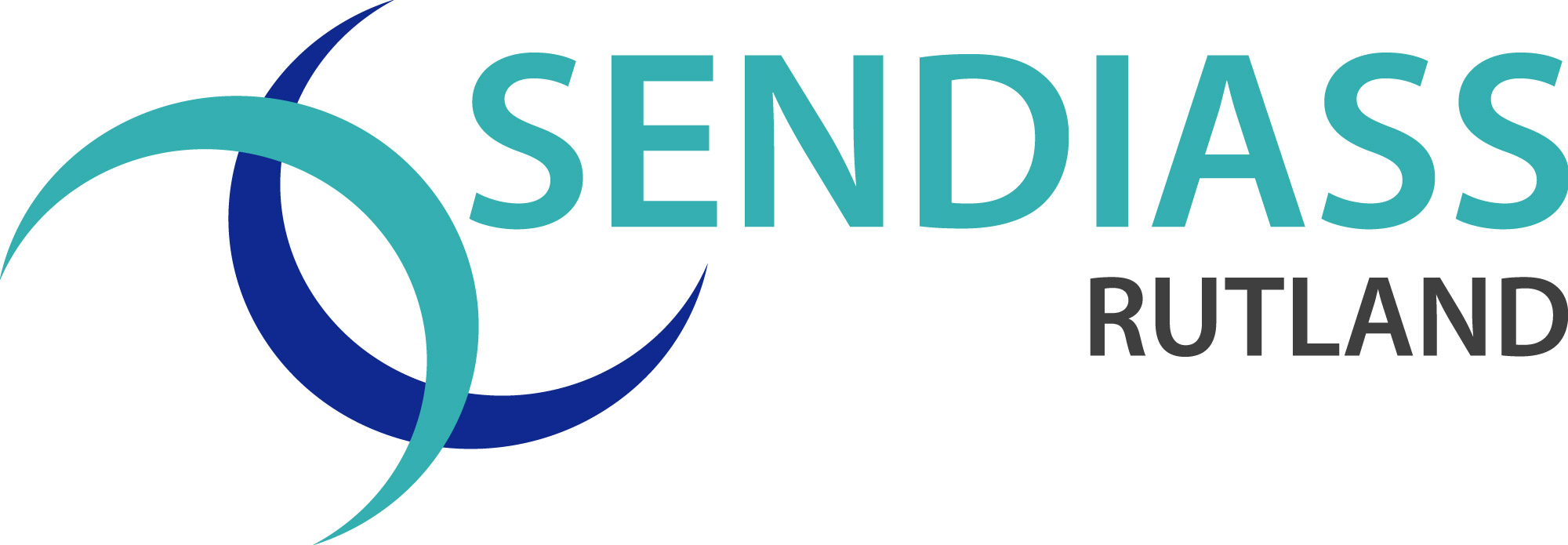10-point Version of the DfE’s Back-to-School Guidance for SEND learners
With the news that everyone will be returning to school/college" from March 8th, the Department for Education has once again issued separate operational guidance for schools and for specialist settings: Additional operational guidance for special schools, special post-16 institutions and alternative provision.
Below is a bit of a breakdown of some of the important points that you should be aware of.
1. Attendance
The attendance section in the specialist and alternative settings guidance emphasises that from March 8th, attendance is mandatory for all, unless they receive a positive test result or have to self-isolate.
It is vital for pupils and students to attend school or college to minimise, as far as possible, the longer-term impact of the pandemic on their education, wellbeing and wider development. The usual rules on school attendance apply to all pupils including:- parents’ duty to secure their child’s regular attendance at school (where the child is a registered pupil at school, and they are of compulsory school age)-...
